Plug-in hybrid powertrain sets the Bavarian luxury limo apart from its contemporaries in India.
Published on Jan 02, 2020 06:00:00 AM
25,517 Views
Follow us on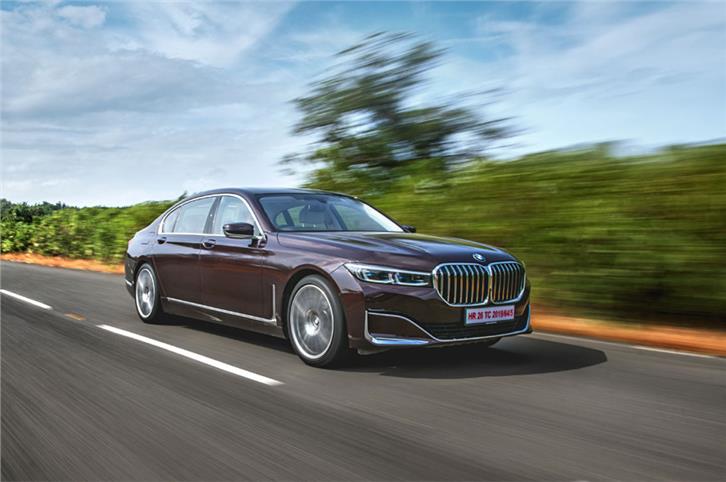
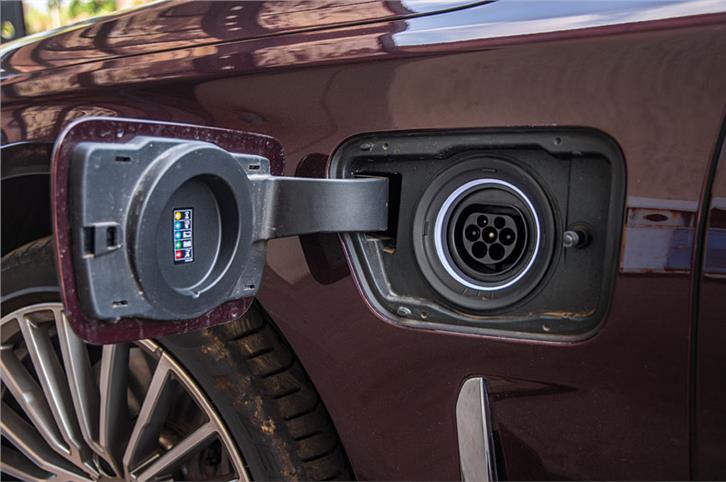
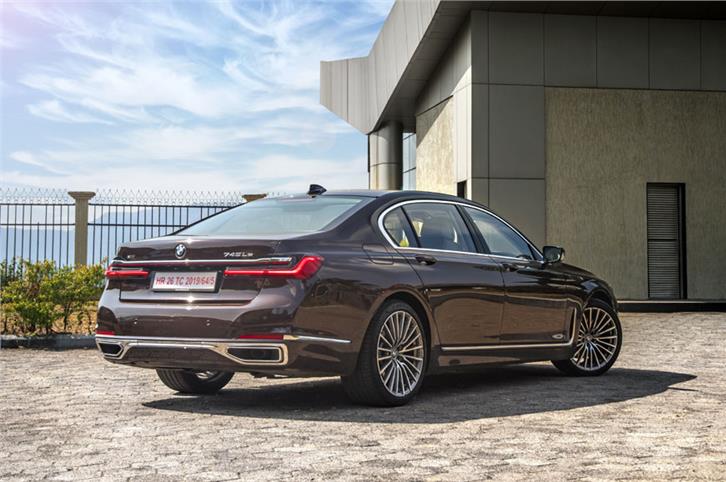
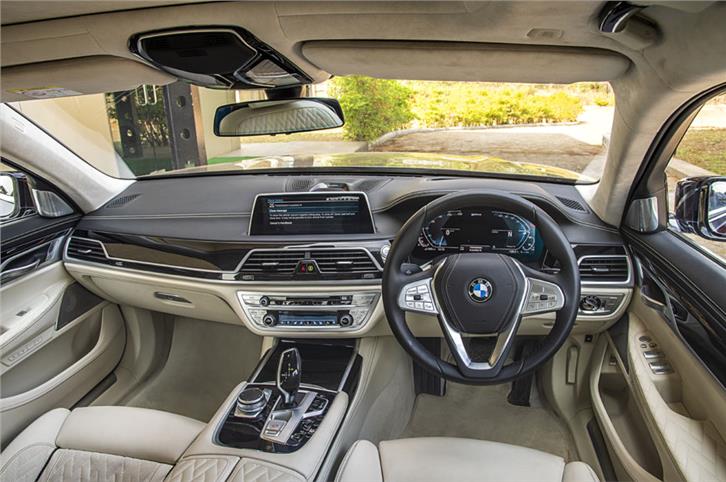
This is the BMW 7 Series, the brand’s flagship limousine, updated in 2019 with plusher, quieter, better-equipped interiors, and the largest grille ever seen on a BMW. This particular one, however, is the 745Le, a plug-in hybrid, which is something we haven’t seen in this segment before. Before you ask, while the Lexus LS500h and even the last-gen BMW ActiveHybrid 7 are both full hybrid cars, they have limited electric-only range, and can’t be charged independently using a power socket.
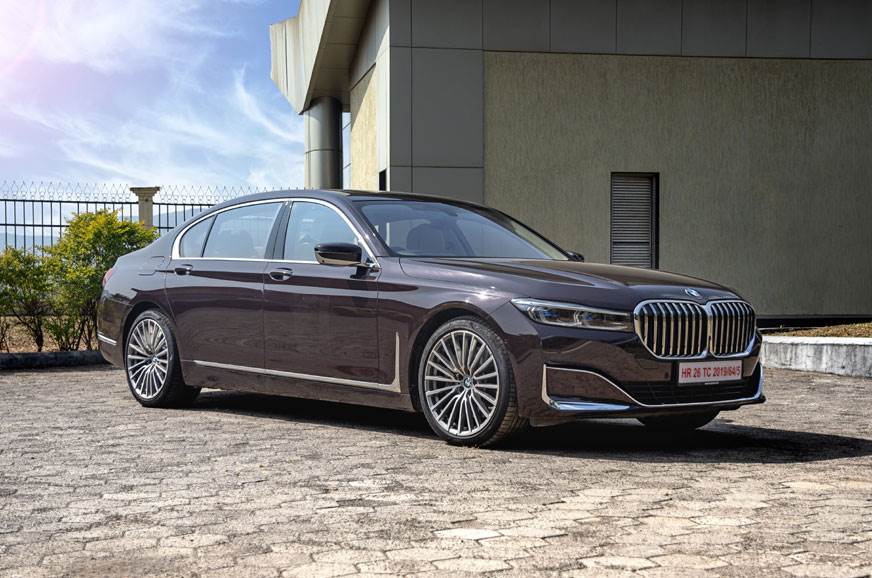
This new 745Le can be charged from a power socket at your home or office, and the 10.4kWh battery takes about 3 hours to get from 0-80 percent. The motor allows for an electric-only driving range of up to 45km, and the motor alone produces 113hp (83kW) and 265Nm. Now sure, those numbers by themselves might not sound like much in today’s world of Teslas and Taycans, but realistically, if your commute from bedroom to boardroom is intra-city, you could potentially do it every day without a drop of fuel or a gram of pollution. The only other luxury cars on sale in India that can offer you this are the Volvo XC90 and the Porsche Cayenne.
Driving in electric mode is as you’d expect – silent and smooth – but also brisker than you’d think. Floor it and it will leap quite vigorously forward, all that torque coming in instantly to hurl the two-tonne limo forward. The thrust doesn’t last, of course, and you have to remind yourself that this is the ‘commuter’ mode, and you’ll have to drive it gently to maximise the range.
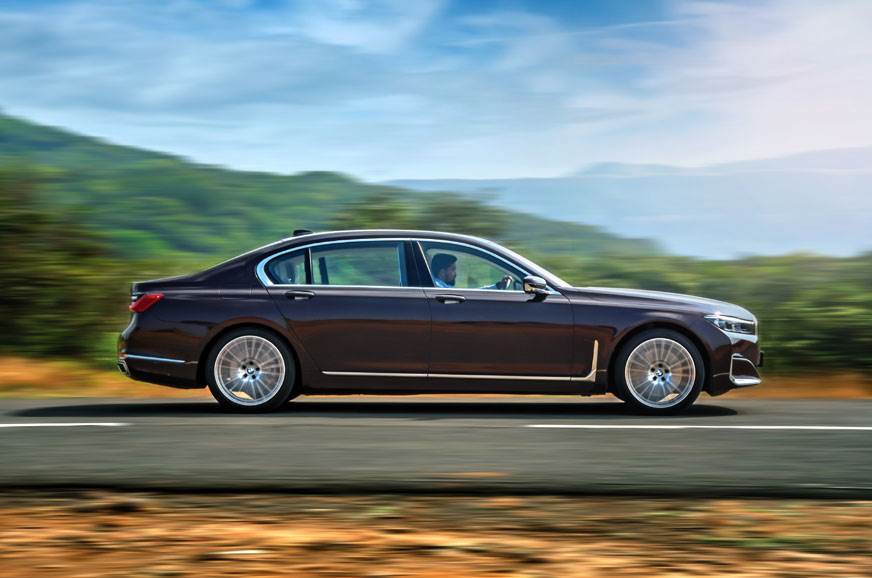
The good part is, when you do want to drive it like a BMW is meant to be driven, just enlist the help of good ol’ internal combustion in Hybrid or Sport mode. In comes the 3.0-litre, straight-six turbo-petrol and now the maximum combined output is 396hp and 600Nm! And because this is a 7 Series, it stays very refined throughout, the ZF 8-speed gearbox slushing away anonymously in the background. It’s genuinely fun to drive too, and not even just by the standards of the segment, which are, expectedly, not very high. Body control in Sport mode is surprisingly tidy, and the suspension can instantly be switched to mushy limousine mode.
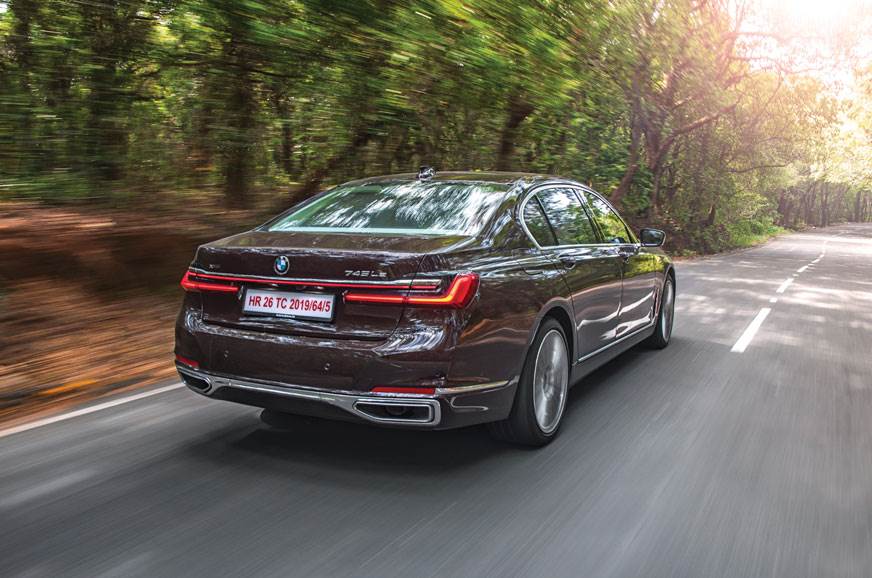
The merits and demerits of the 2019 facelift remain – that hilariously large grille, which I admit is slowly growing on me, immediately comes to mind. I don’t like the overly stylised digital instrument cluster or the fact there’s no Android Auto either, but apart from that, the cabin now delivers a luxury experience that can truly rival an S-class.
The 745Le xDrive is not cheap. At Rs 1.65 crore (ex-showroom), it’s a full Rs 30 lakh more than its non-hybrid counterpart, the 740Li. But frankly, it might just be worth the stretch for the luxury car that truly does it all. The 7 has always been the limousine that’s as good from the driver’s seat as it is from the rear seat, and with the update, both scenarios have been improved. But now that you can use it as a zero-emissions EV, potentially all of the time, it adds an all-new dimension to the car, and the segment. The electric revolution is a while away, and even then, it will come with its drawbacks. Cars like this, in the meantime, are a working solution.
Also see:
BMW to introduce Android Auto support by mid-2020
BMW stands by new design language
BMW X1 facelift likely to get 1.5-litre petrol engine
Copyright (c) Autocar India. All rights reserved.

Maruti Suzuki plans to use the Boosterjet engine in more models. Which one would you like to see it in?
Comments
Member Login
Personal Details
No comments yet. Be the first to comment.